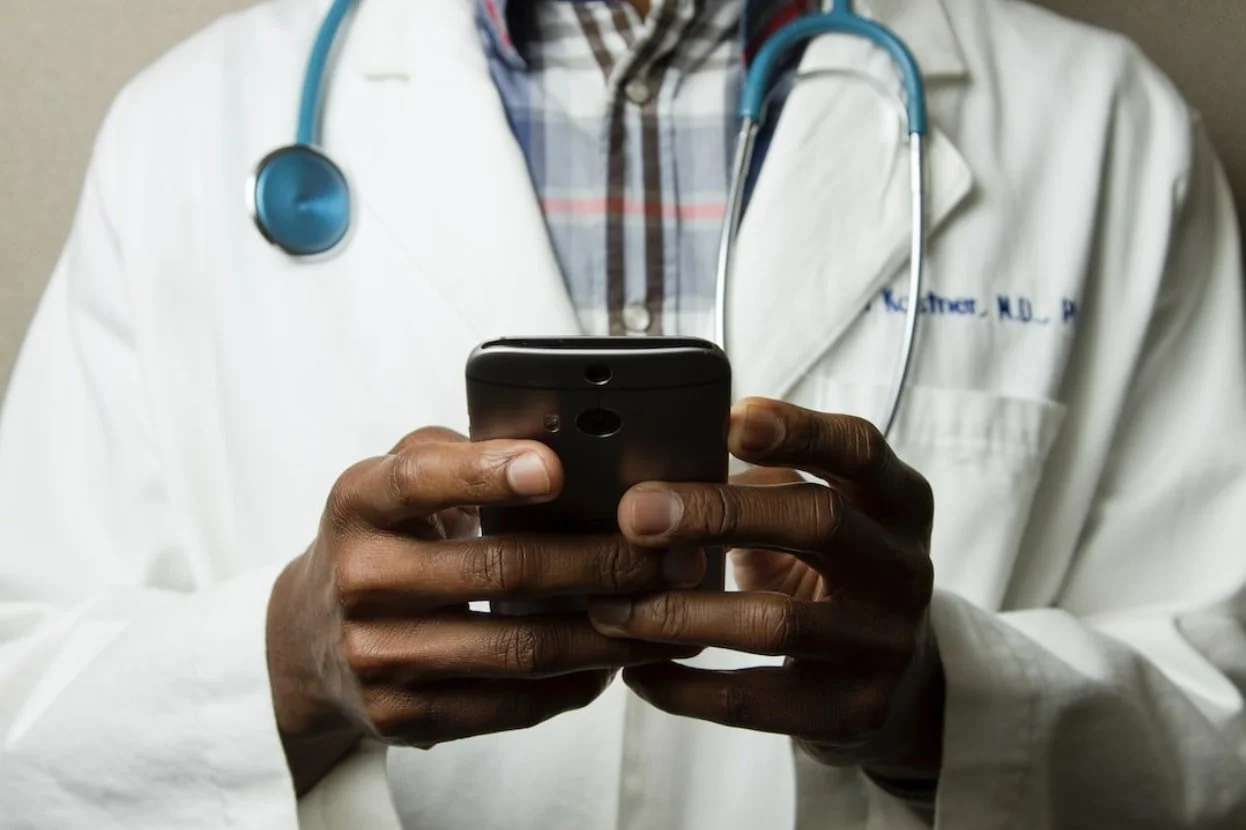Why digital inclusion matters to health
We are delighted to announce the next phase of our partnership with Impact on Urban Health. We are embarking on a major programme of work, investigating how internet access affects health and wellbeing, and working with community groups in Lambeth and Southwark to develop and test new models of community-owned connectivity.
Over the next two years, we will carry out a programme of research, community engagement, policy development and influencing. In 2024, we hope to launch a locally designed and owned pilot to provide extremely affordable, or even free, home broadband. Not only will this test a new model of connectivity, we also hope it will make a real difference to the health and wellbeing of the people that take part.
How is internet access related to health?
Without a secure and reliable home internet connection, people become digitally excluded, worsening health inequalities through the differences in care that they receive and the opportunities they have to lead healthy lives.
For example, many formal health and support services like GP surgeries and outpatient appointments are increasingly dependent on people having digital access. But our health is not just determined by access to health services. For people with caring responsibilities, limited mobility and other health conditions, being able to use the internet makes it easier to do grocery shopping, manage prescriptions and access their bank account.
Even broader than this is the impact of digital connectivity on the social determinants of health: housing, work, food, education and social inclusion. A 2020 report from the King’s Fund found that internet access and digital skills are a gateway to better jobs and economic participation. They enable access to wider public services including housing and education, and help to combat social isolation, making it easier for people to stay in touch with friends and family and keep track of what is happening in their community.
Add to this the shift towards remote office-based work, the increasing digitisation and unbundling of information, and the fact that being online enables access to cheaper goods and services and it becomes clear that internet access is now an essential part of full participation in daily life with huge health benefits.
An expensive barrier
One of the biggest barriers to internet access is affordability.
For people who don’t have broadband at home, using the internet might require relying on a pay-as-you-go mobile connection that needs to be rationed throughout the month.
In December 2022, around a third of UK households had trouble affording communications services. For households on benefits, this rises to over half. 16% of households on benefits reported struggling to pay for fixed broadband, up from 6% in October 2020.
While “social tariff” packages, which are capped at a low price for some benefit claimants, are becoming more commonplace, this means-tested model is not an equitable one, particularly in the context of the cost of living crisis. Against 2021 income levels, an “average household” is expected to spend 1.3% of their disposable income on broadband, but a household on a social tariff will pay around 3.6% of their disposable income, often for a slower connection.
What can we do about it?
With this affordability barrier in mind, we’re working with Impact on Urban Health to explore how to roll out free, or significantly more affordable, broadband for social housing residents. Taking inspiration from programmes run by Community Tech NY and the Detroit Digital Justice Project, we’re looking into whether it’s possible to set up alternative local infrastructure in densely populated urban areas, and what needs to be in place to make it happen.
We hope to collaborate with residents to understand the overall benefits they gain from living with a secure, reliable home internet connection and how these benefits have impacted their health.
If you’d like to talk to us about the programme, please get in touch: hello@promisingtrouble.net


